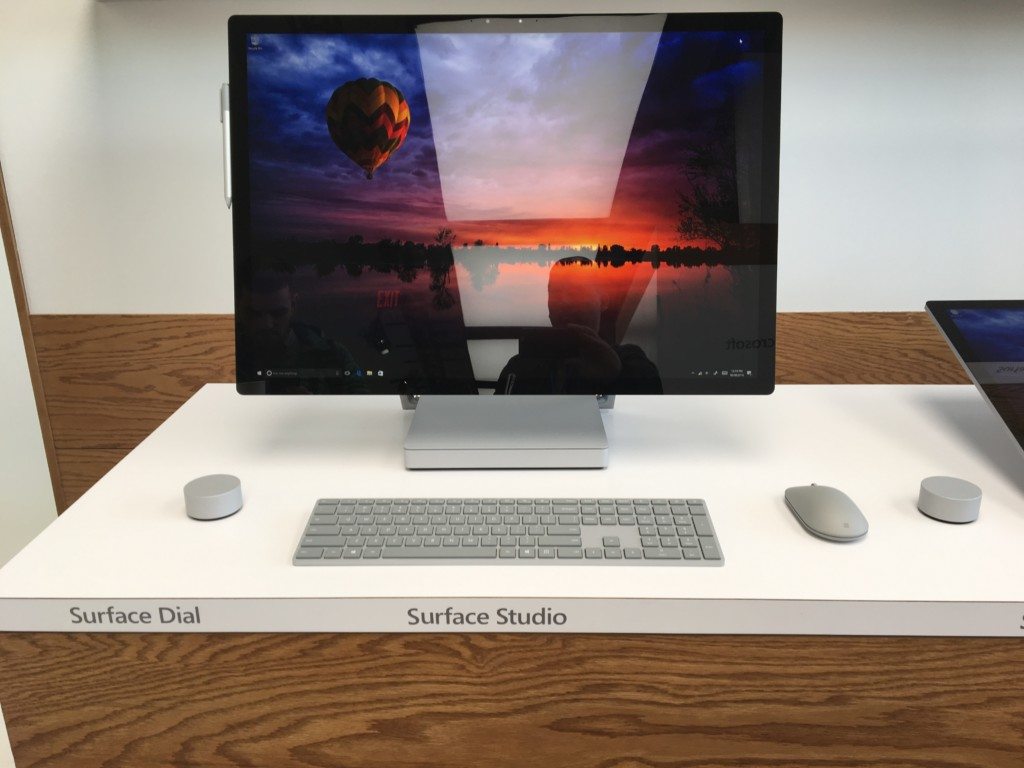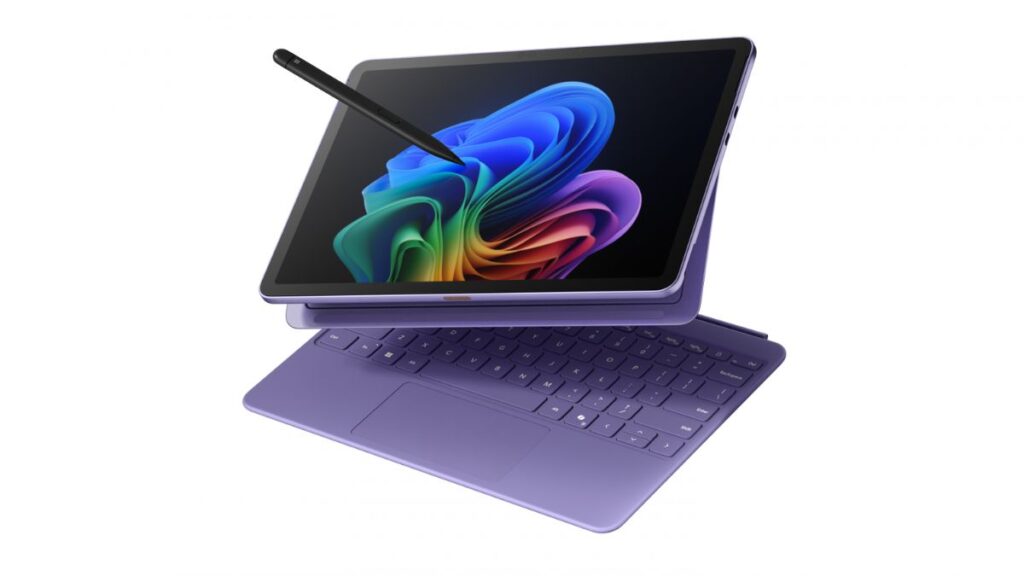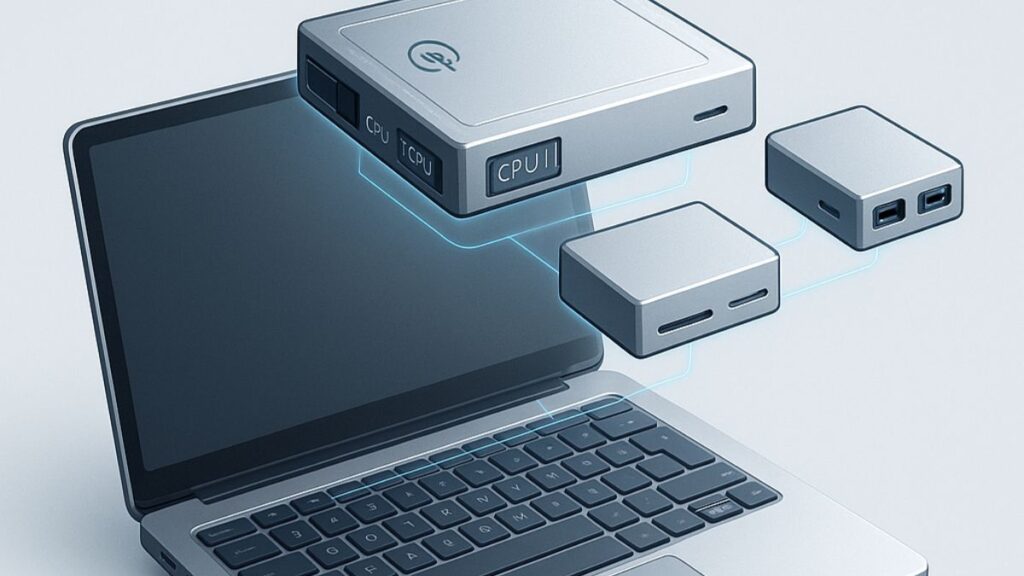You PC is just about to become obsolete. Back in 2014, I wrote about a no-longer secret project at Dell to rethink the desktop and based on a recent post on Dell’s site that quietly went live it looks like this concept is getting much closer to reality. What is interesting is this product and the recently announced Microsoft Surface Studio are both targeting a group of users that Apple has a history of embracing and recently taken for granted. But, then again, users don’t like change and there could even be method to their madness.
There are advantages and disadvantages for each approach. Let’s explore them.
Apple: For Those That Hate Change
Hey, you’d be surprised at how many people just hate to retrain on new tools no matter how much more productive they would otherwise likely be. Apple is nothing if not consistent with designs going back over a decade, and a near total focus on just plopping in the latest processor and graphics system this company is the company of “if it ain’t broke, don’t fix it” with its iMac. The last major change for the iMac was
Still, it is a simple elegant design and those that want more power get Apple’s desktop variant with a monitor and those that want to draw get some kind of digitizer because Apple doesn’t believe in touch. At the latest Apple hardware launch, Apple only showcased laptops (and Apple TV) and the only real innovations were the loss of common ports in favor of Thunderbolt and a premium priced laptop with a small touch OLED strip where the F-keys used to be. Lenovo did something similar a few years back with its segment-leading X1 Carbon and users hated it. Granted, the effort was more limited, but it showcases that users really don’t like change.
However, if you do want more power you can still get traditional workstation configurations and leave the iMac All-In-One to the more casual users. Creative users then have to still buy a digitizer because Apple doesn’t do touch screens. This seems just stupid to me given Apple largely launched the touch revolution with the iPad. Apple does “Think Different” but, in this case, that difference may make it lose customers long term. I often think the iMac and iPad folks should collaborate because the iPad could really use the SD card slot the iMac has and the iMac could really use touch, which the iPad pioneered.
Dell: For Those That Need Performance
As I noted above, I’ve seen the prototype for what Dell recently showcased and—other than the fact you can’t buy it yet or even see it in its final form—the approach is targeted at the performance user. Called the Dell Smart Desk, the solution is a touch display and unique user interface that sits flat on the desk and allows high resolution pen entry. This is likely the most expensive of the set and the most complex but it also provides the greatest depth of options from a small desktop PC to a full-on high performance workstation sitting under the desk for those that need to render in real-time. You have a second monitor that shows your work and, like using a digitizer above, your hands don’t obstruct the finished product while you are working on it.
The demonstration I saw years ago had devices that could be placed on the lower screen to add functions like the Microsoft product below and I’d expect increased similarity between Microsoft and Dell with regard to the user interface because both are based on Windows. So, for those that like the two-screen approach, need a lot of performance or flexibility or obsolescence protection, and don’t mind some desktop complexity, this would appear to be the best choice.
Given the timing, I expect we’ll see a ton more of this at CES which means I’m going to Las Vegas again in January.
Microsoft Surface Studio
What I find interesting is that the Surface Studio is a design forward offering trading off appearance for performance which is typically something we see from Apple. This product is desktop art; it lacks the potential performance of the Dell workstation solution and is far more current in design and capability than Apple’s while still looking very good on the desktop. You could use two screens and emulate the Dell solution from a screen standpoint but the result wouldn’t be ideal. This is for those that use render farms and don’t need full workstation performance on their desktop and, like many creative types, value design of the product highly. Even though it uses mobile parts to get its look, mobile parts outperform desktop parts of a few years back and for many this may be more than adequate. Like the Dell solution there is at least one new gadget, a Surface Dial you can place on the desk or screen. Unique to the Surface Studio is a display specifically designed for Windows so what you see is exactly, 1-to-1 what you print making some print related tasks far easier. (This screen is unique in the industry with a 4.5K resolution and a brilliance and black depth I’ve only seen in OLED products and this isn’t an OLED screen).
Like all all-in-ones you have an issue with upgrades in that the entire system will age out at once which can be an issue particularly for performance users. But most users are finding they can use their systems for over 5 years and given that display technology is changing rapidly again this isn’t the unique problem it once was.
One additional thing to note, like the Apple iMac, for those that want to use this for things like email and document creation, not having to deal with the second screen may be a bonus. As a result, I don’t see the Dell users and the Microsoft users overlapping much. The former is heads down and creating most of the time, while the latter as more of a blend of needs and is far less graphics performance oriented.
Wrapping Up: It’s Good To Be A Creator
If you are a creator you will have a ton of choice shortly and for those currently wedded to Apple’s iMac and unhappy, other alternatives that may make you more content. Choice is good and maybe this will force Tim Cook to again look at his customer base and shift his focus from maintaining margins to coming up with some unique targeted innovations like Dell and Microsoft have. I don’t see any of that as a bad thing and this all showcases that, suddenly, it’s good to be a creator!




Apple users don’t like change? Even better Apple people don’t need performance?
This article misses the mark completely. I don’t think you understand the needs of creative professionals. Completely missed informed.
I like Apple but use a PC because they are always 1.5 to 2 years behind the PC in hardware specs last years video card drives from 2-3 years ago slow networking cards even though they may use an I7 processor the above is not worth the premium prices.
It’s actually a cool and useful piece of info. I’m satisfied that you shared this helpful information with us.
Please keep us up to date like this. Thanks for sharing.